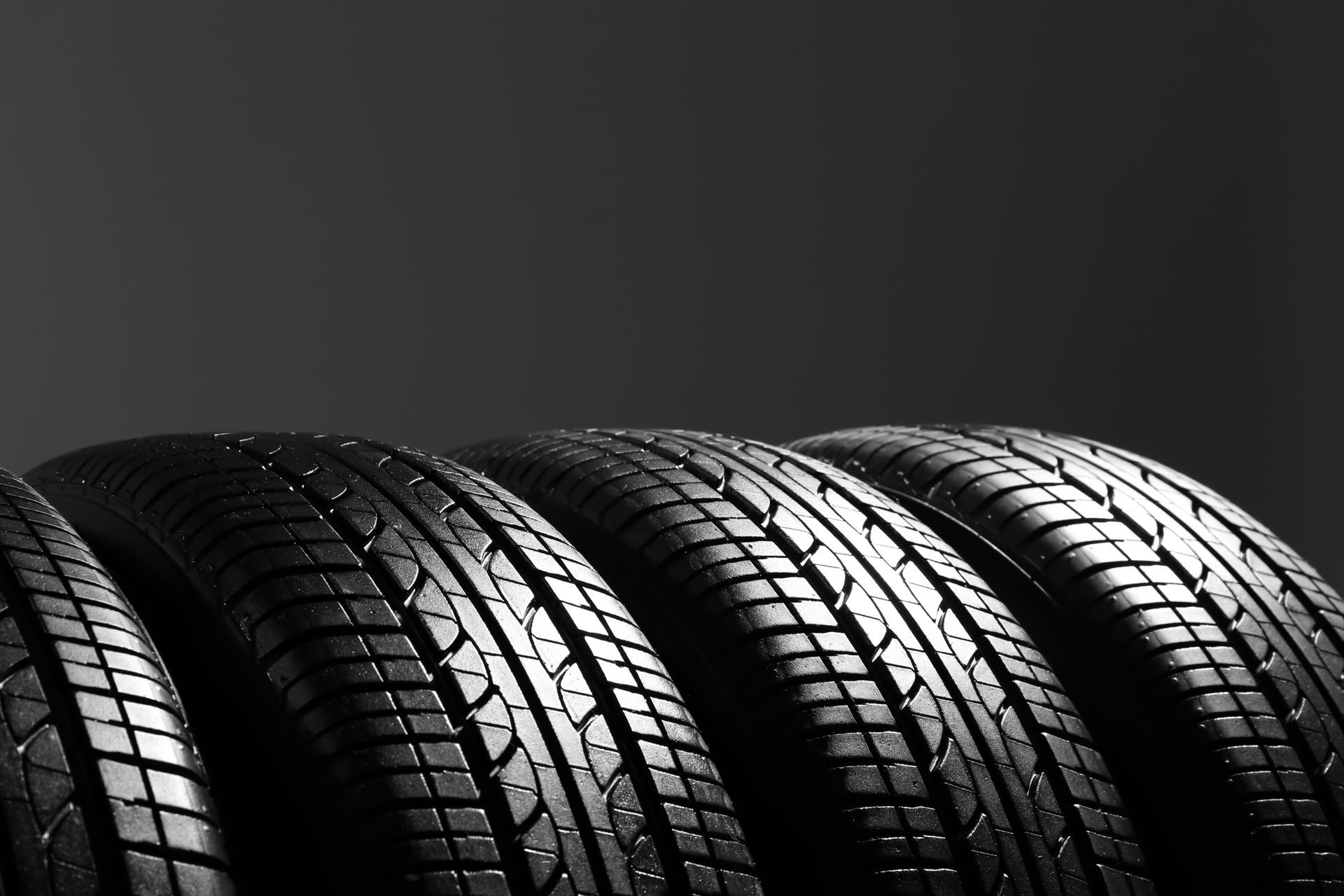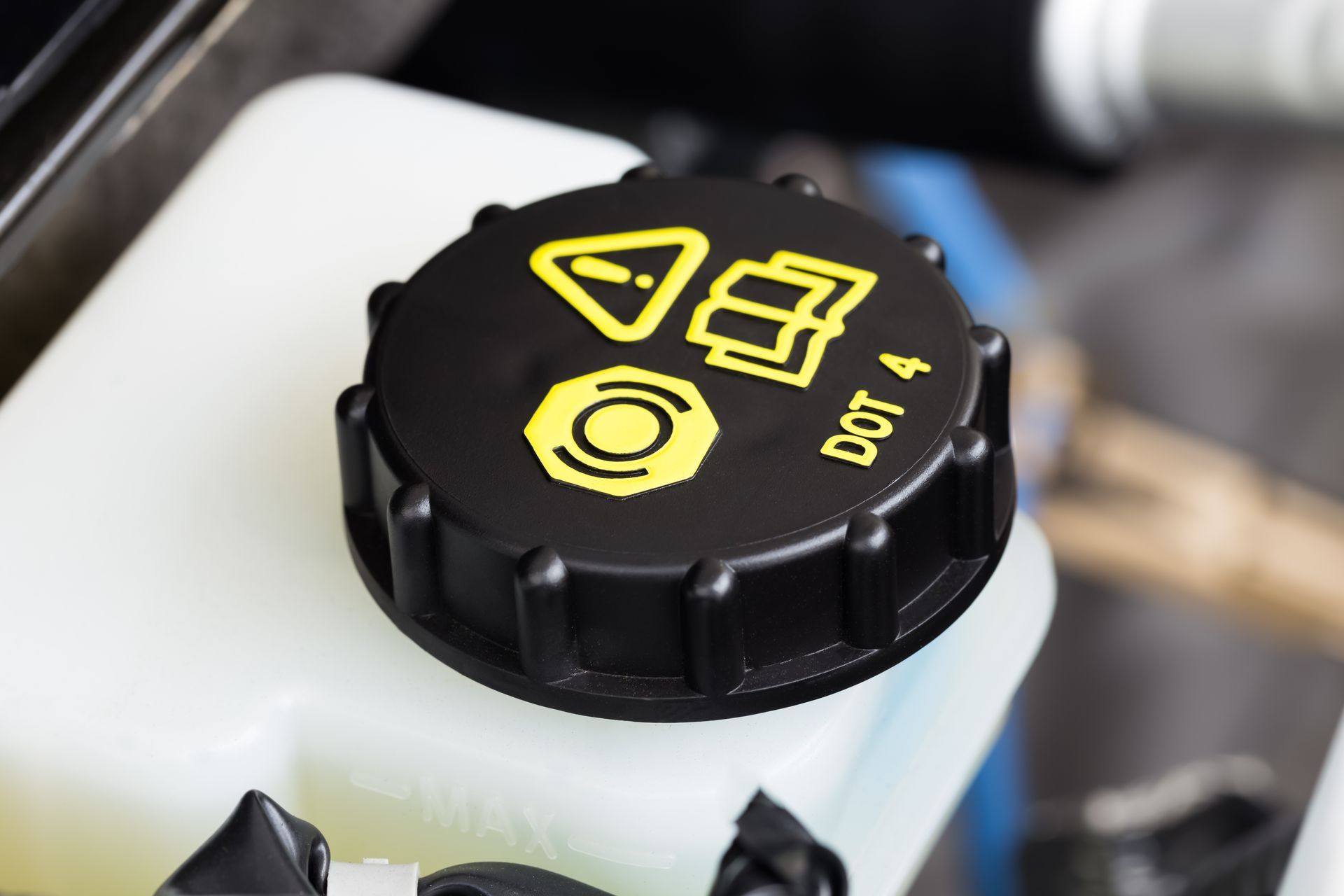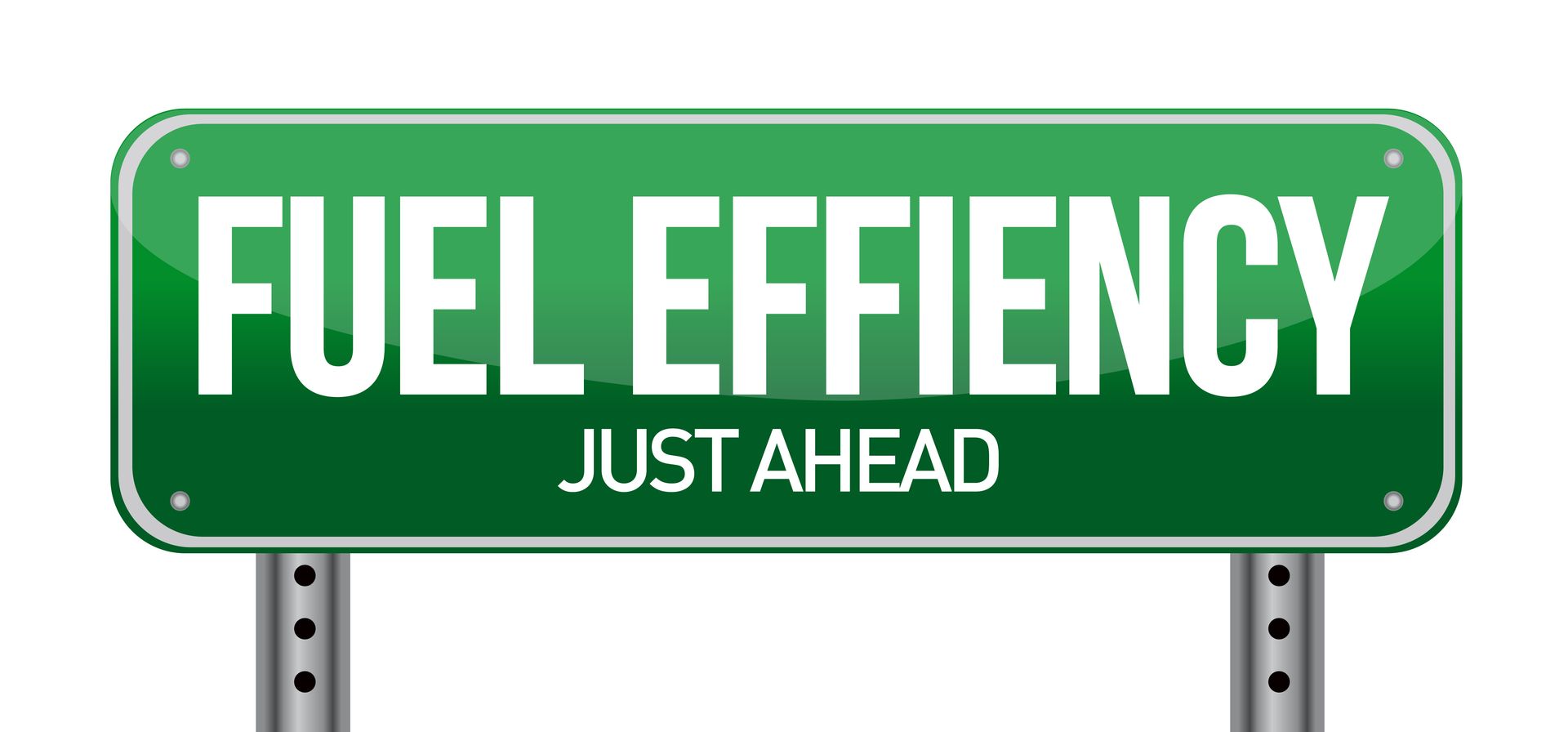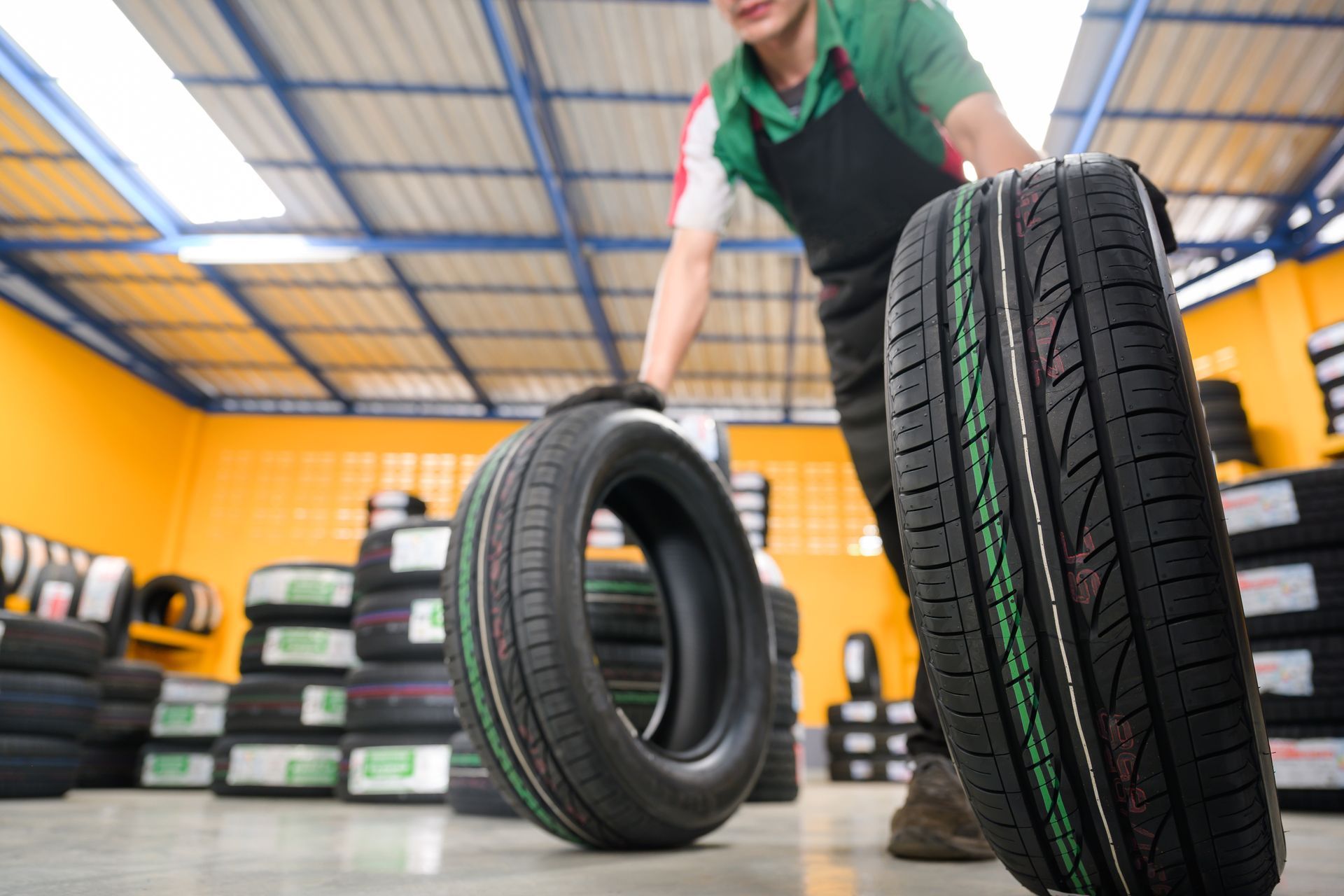Choosing the right tires for your car can feel a bit like navigating a maze. With so many options available, it’s easy to become overwhelmed. But don’t worry! Whether you’re looking for tires that grip the road during rainy days or ones that handle hot summer streets like a pro, we’re here to help you cut through the noise.
Understanding Different Types of Tires
When it comes to tires, there are several categories, each designed for specific driving conditions and needs. Here’s a quick overview:
Summer Tires
Perfect for warmer weather, these tires offer enhanced handling and grip on dry roads. The rubber compounds are designed to remain flexible at higher temperatures, providing better performance and responsiveness. Summer tires shine in hot weather, making them a top choice for drivers seeking maximum performance.
All-Season Tires
As the name suggests, these tires are built to handle a variety of conditions, from sunny days to light snow. They strike a balance between performance and comfort but may not excel in extreme conditions.
Winter Tires
Designed for cold, icy, and snowy conditions, these tires feature deeper treads and softer rubber compounds. If you find yourself driving in harsh winter weather, investing in a good set of winter tires is crucial for safety.
Performance Tires
If you’re looking for speed and handling on the track or during spirited driving, performance tires are the way to go. They offer better traction and handling than standard tires but may wear out more quickly.
Each tire type serves a unique purpose, so understanding your driving habits and the conditions you’ll encounter is essential when making a choice.
Why Summer Tires Are Your Best Bet for Performance in Florida
Now, let’s talk more about summer tires and why they can be the best option for top performance, especially in warmer climates. If you live in an area where the sun shines bright, and temperatures soar, summer tires can significantly enhance your driving experience.
These tires are constructed with specialized rubber compounds that remain pliable even in high temperatures, ensuring that they grip the road effectively. What does this mean for you? Better handling, shorter braking distances, and improved cornering stability. They allow you to tackle turns with confidence, knowing your tires are doing their job.
Another key advantage of summer tires is their tread design. With fewer grooves compared to all-season or winter tires, they maximize contact with the road, translating to more grip and a more responsive feel. Whether you’re cruising down a sunny highway or navigating winding roads, summer tires help you make the most of your car’s performance capabilities.
How to Choose the Right Size and Specifications
Once you’ve decided on the type of tire, the next step is figuring out the right size. Most vehicles have a tire placard located inside the driver’s side door jamb that lists the recommended tire size. Be sure to stick with the manufacturer's specifications to ensure optimal performance and safety.
You might also want to consider the tire's speed rating, which indicates how fast the tire can safely perform. If you’re someone who enjoys a little extra horsepower, a higher speed rating might be worth looking into. However, remember that performance comes with a trade-off, and tires with higher speed ratings wear out quickly.
Assessing Your Driving Needs
When selecting tires, think about your driving habits. Do you mostly drive in the city, or do you frequently take long road trips? Maybe you enjoy weekend adventures that involve some off-road capabilities. Your answers to these questions will influence your tire choice.
If you’re mostly driving in sunny conditions and prefer spirited driving, summer tires will likely be your best option. If your driving environment is more variable, you may want to explore all-season options. For winter enthusiasts, don’t forget that winter tires are specifically engineered for cold conditions and can significantly improve safety.
Budgeting for Tires
Finally, let’s talk about money. The cost of tires can vary widely depending on the brand, type, and specifications. While it may be tempting to go for the cheapest option, investing in quality tires can pay off in the long run. Quality tires can improve fuel efficiency, offer better handling, and last longer, which means fewer replacements over time.
Want to ensure your car is equipped with the right tires? Reach out to
Destin Auto Center for a professional assessment and personalized recommendations tailored just for you!










